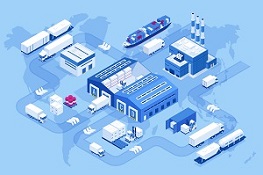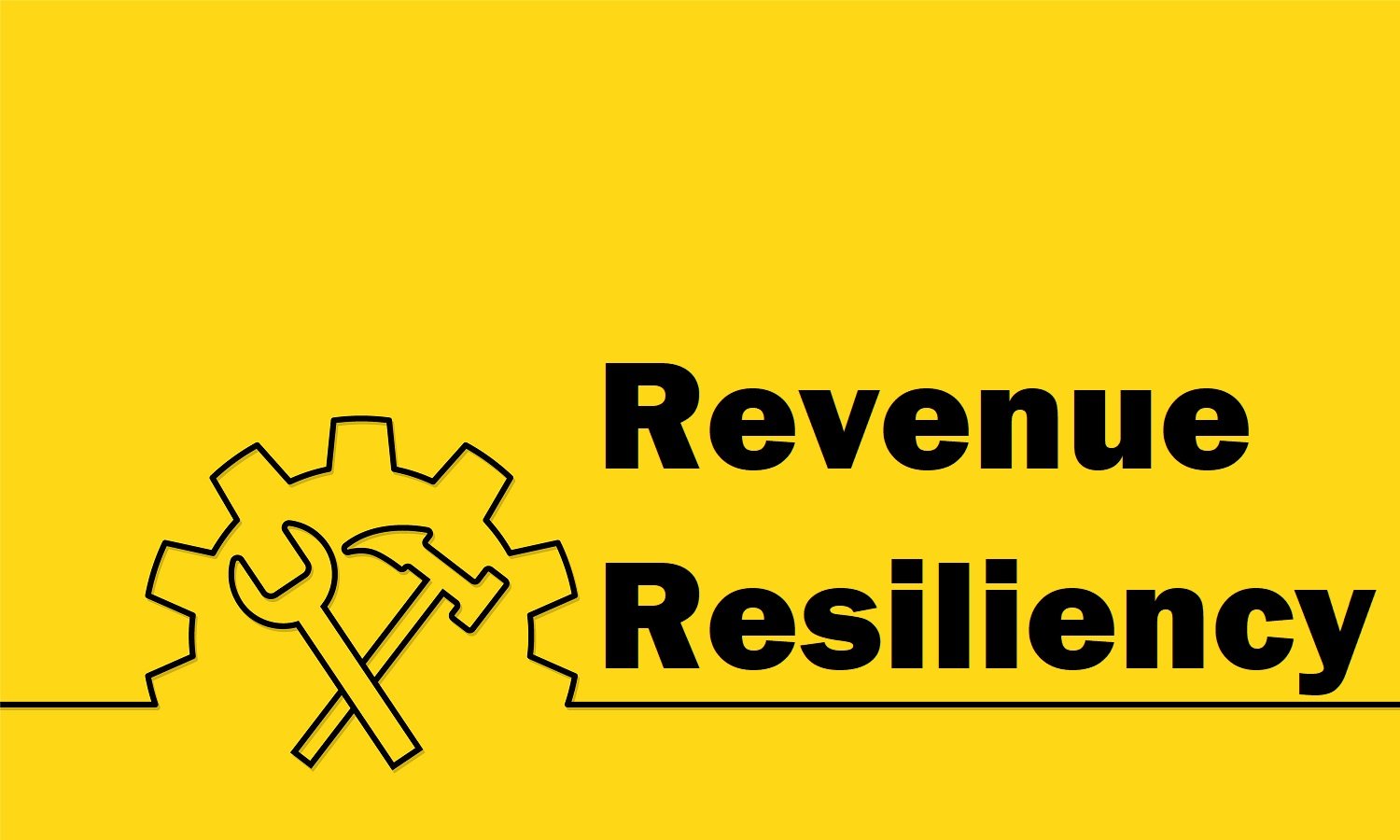If you are asking this question, you are already doing something right. Taking the time to analyze whether your Go-To-Market (GTM) strategy needs to be either refreshed or overhauled is a critical component of keeping up with both the market and your industry.
Determining whether you need a new B2B GTM strategy this year will depend largely on how old your existing plan is. If your GTM strategy was developed before COVID and has not been updated since, it definitely needs attention. If it was written or updated over the last two years, it likely still needs work but may not have to be rebuilt from the ground up.








